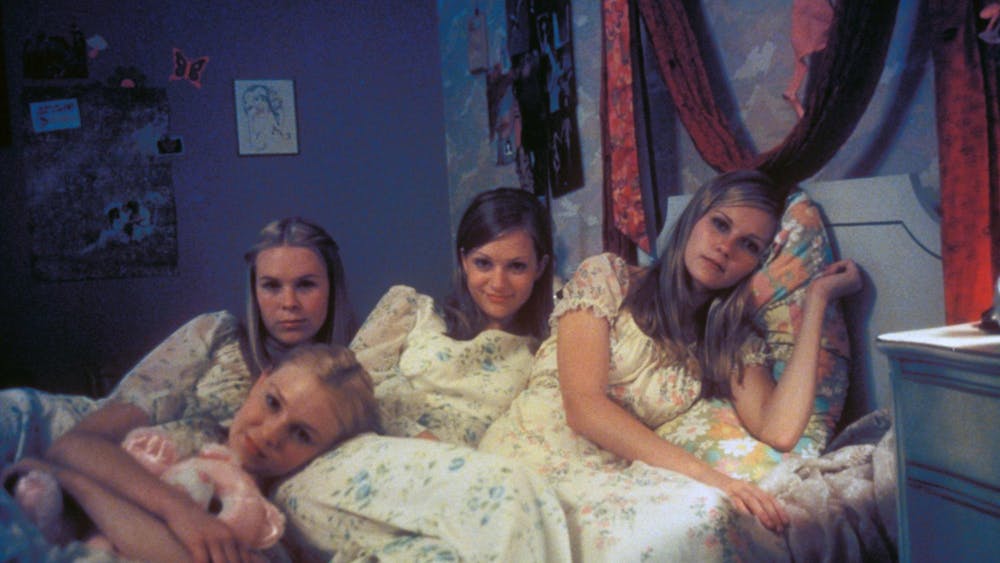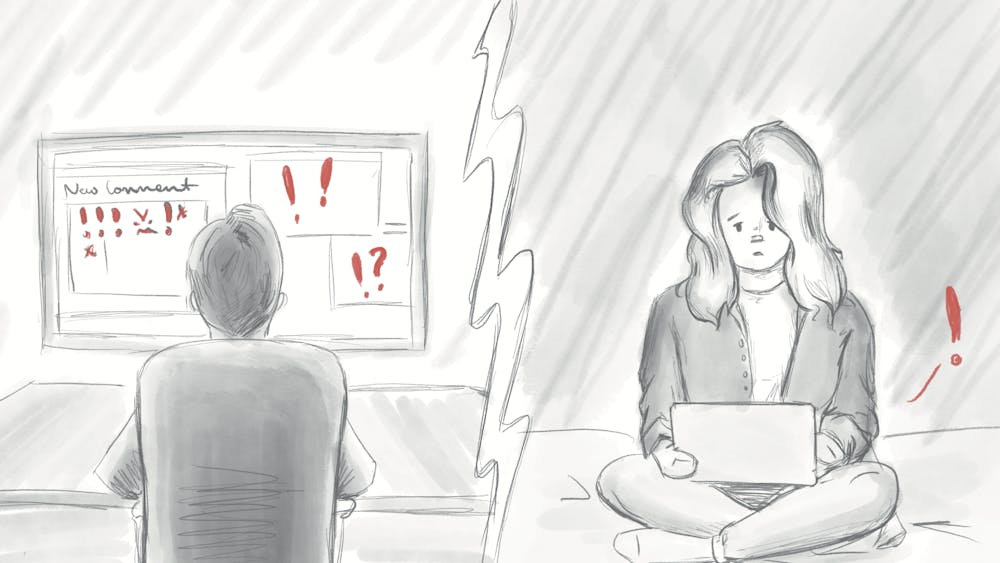When hackers stole nude photos of celebrities this past weekend, it was a crime of theft. It was an invasion of privacy. But it wasn’t unexpected.
The breach came from iCloud, where a hacker broke into accounts of A-listers, downloaded and then posted their private pics for the entire Internet to see.
The takeaway is this: your information is not safe online.
It’s a terrible thing that these people had their property stolen and their privacy breached. But there are risks in using offsite servers to hold your personal data.
This kind of theft isn’t some new phenomenon. We know that information gets stolen from the web all the time. Last December, Target was targeted and millions of people got personal and financial information stolen in a system breach.
This April, the Heartbleed software bug was revealed, which allowed passwords for many websites to be stolen.
And the future favors the hackers.
The Verizon Data Breach Investigations Report for 2014 shows that incidents of hacking are increasing, with 1,367 confirmed data breaches in security systems for 50 organizations from around the world.
This doesn’t take into account all the personal breaches that happen. Hackers are getting smarter and better.
Cyber security can’t keep up with these hacking gains. It’s constantly playing catch-up, adjusting to the new ways that hackers bypass protocols.
Because it is a reactive defense, we’re likely to see more and more breaches in the future.
The Internet has brought us together in great new ways. Our generation will be able to stay connected like no other before us.
But the price of more accessibility and connectivity is reduced privacy. The more you give to the Internet, the more it can and will take.
Let’s not forget the voyeuristic tendencies in our culture that fuel these breaches. Hackers are responding to a demand when they post revealing photos.
It’s the same mentality as tabloids and scandals on CNN. We’re obsessed with celebrities’ personal lives, and there’s nothing more personal than their private, secret moments.
There’s enough blame to go around.
The systems we subscribe to make it easy for people to take what they want from the Internet and broadcast it to a willing audience.
If we want to stop breaches like this, we need to take a multi-pronged approach.
It’s not victim blaming to ask that people be careful with their personal data.
We should try to prevent cyber security breaches, and we should teach a respect for others’ privacy.
But as long as there are security concerns online, we can’t ignore preventative steps. It just doesn’t make sense.
Keep your personal data as close to the chest as you can.
sckroll@indiana.edu





